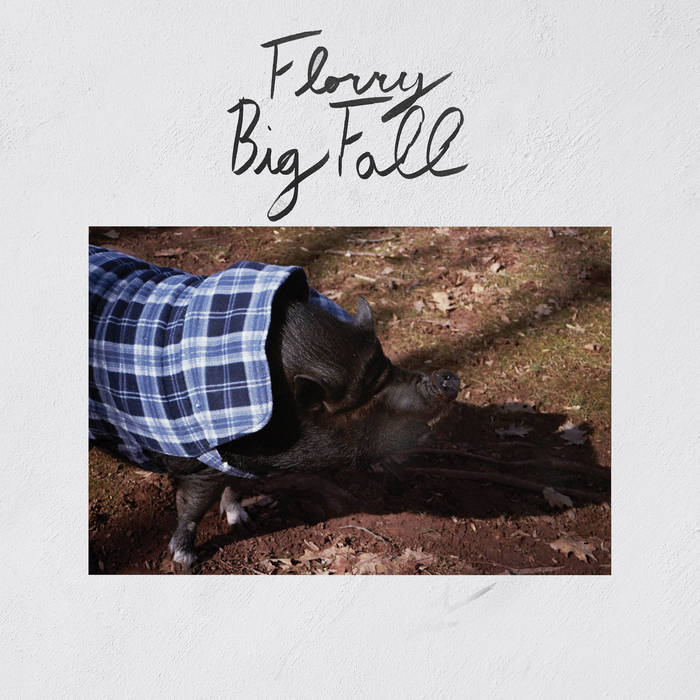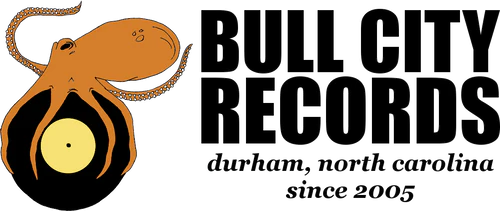Florry - Big Fall LP
Florry - Big Fall LP
12XU Records
Couldn't load pickup availability
Gram Parsons coined the phrase "Cosmic American Music" to describe the synthesis of country, blues, rock and soul that he traded in. Sheridan Frances ‘Francie’ Medosch wouldn’t be born for another 28 years after Parsons’ 1973 death, but that Cosmic American sound was waiting for her all the same. On 'Big Fall', she embraces it like an old friend.
Medosch grew up outside of Philadelphia in a family home that encompassed three cats, a dog and a pig. Her mom loved music; she played all kinds of stuff around the house, but mostly alt-country like Gillian Welch and Wilco. 'Yankee Hotel Foxtrot', the seminal 2002 album by the latter became formative to a young Francie’s love of music - “I never really got into 'Sgt Pepper' or anything, so I think that album kinda took the place of that.” She learned violin for a while, then she was a natural on piano, but that stuff bored her. Eventually, her mom bought her a guitar. “I was actually very bummed out at first. I think I wanted an Xbox or something that year. But I came around to it very quickly,” she laughs.
As a teenager she got into obscure underground rock and power pop, influences she channeled in the band she initially named Francie Cool, which would later transition into Florry (these days it’s a solo project, in which she’s backed by Jared Radichel on bass, John Murray on guitar and Joey Sullivan on drums). In 2018, at the age of 17, Medosch put out her debut Florry album 'Brown Bunny' (Sister Polygon). The following year, she went out to Willow, New York - a tiny hamlet outside of Woodstock - and recorded a follow-up album with producer Paco Cathcart that she ended up shelving. Backed by Theo Woodward on drums and Pete Gill on bass, it was dark, and angsty, consisting of songs written between the ages of 16 and 18 and reflecting the depression that defined that time for her.
During the pandemic, she began writing again. Her headspace had changed a lot. She was much happier and embraced “absurdist existentialism” - “where you realise that nothing really has any meaning, and that it’s pretty funny that we’re here at all.” She was also bored of indie rock, and for her new songs she looked towards her upbringing among country and folk music, and her fascination with Parsons’ Cosmic American Music. “There’s something about that kind of music that just makes me feel really good inside,” she says. Her main goal was just to write songs that felt good, that translated her newfound positivity. “That was the biggest change for me, just writing and playing music when I’m feeling good, instead of when I’m feeling sad.”
Share


